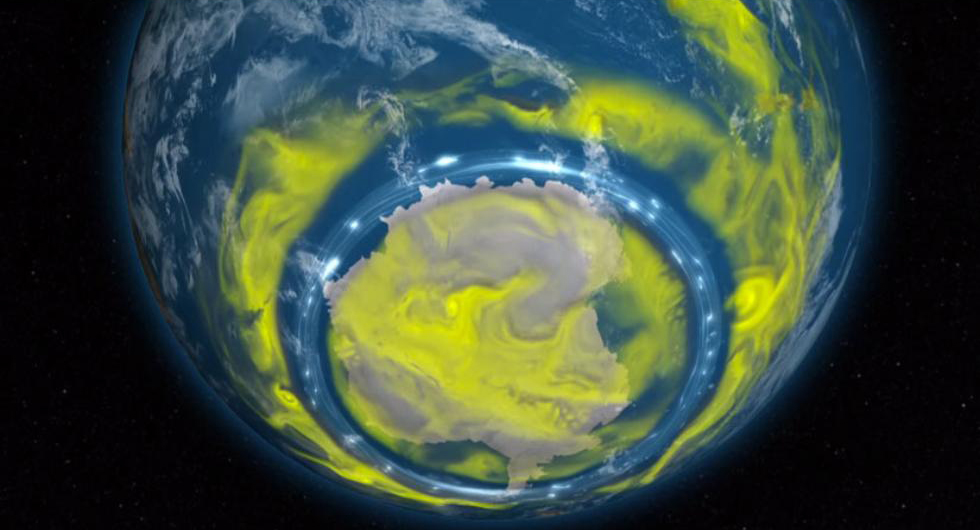
Hating on decaf is old and lame, a sentiment we feel strongly about here at Sprudge—strong enough to declare, in t-shirt form, that “Decaf Gives Me Life!“. But it turns out that chemically processed decaf could wind up being the death of us all.
A recent article in the New Scientist states that dichloromethane—a chemical whose primary use is ironically “as a feedstock to make ‘ozone-friendly’ chemicals for air conditioners and refrigerators”—could delay the healing of the ozone layer by 30 years or more. According to the article, back in the 80s a hole opened up in the ozone layer due to all the chlorine compounds being emitted. To combat this, the United Nations came up with the Montreal Protocol, a plan to limit the use of chlorofluorocarbons and other atmosphere-eating compounds.
Dichloromethane was not regulated by the Protocol because it “has an average lifetime of only around five months before it breaks down” and releases chlorine, thus “it was thought that dichloromethane was too short-lived for much of it to reach the stratosphere.” But a new model by Ryan Hossaini of Lancaster University shows dichloromethane could make up a quarter of the chlorine in the lower stratosphere by 2050, up from its current 1% level. Hossaini’s model also shows the hole in the ozone would not be filled until at least 2095, 30 years later than current forecasts, which don’t account for dichloromethane.
That’s a lot of science mumbo-jumbo. What does it have to do with coffee? Well, another one of dichloromethane’s uses is to decaffeinate coffee and tea. It’s also an industrial solvent and paint thinner, which does not sound particularly tasty. Not only does dichloromethane paint thin the shit out of your coffee, it also keeps the hole in the ozone layer from closing.
The moral of the story is: if you drink decaf, drink water processed decaf coffee. Happily this is probably already the case—most roasters that care about coffee quality (that you are likely already drinking, Sprudge reader) only work with water process products, whereas chemical processed decaf is more common for big bulk brands. It just so happens to turn out that water processing—which produces a decaf that is not flavoristically gross, and thus preferred by specialty coffee companies—is also the style of decaf least likely to open up a hole in the sky and rain down hell upon us all.
Zac Cadwalader is the news editor at Sprudge Media Network.
*top image via the Weather Channel
























